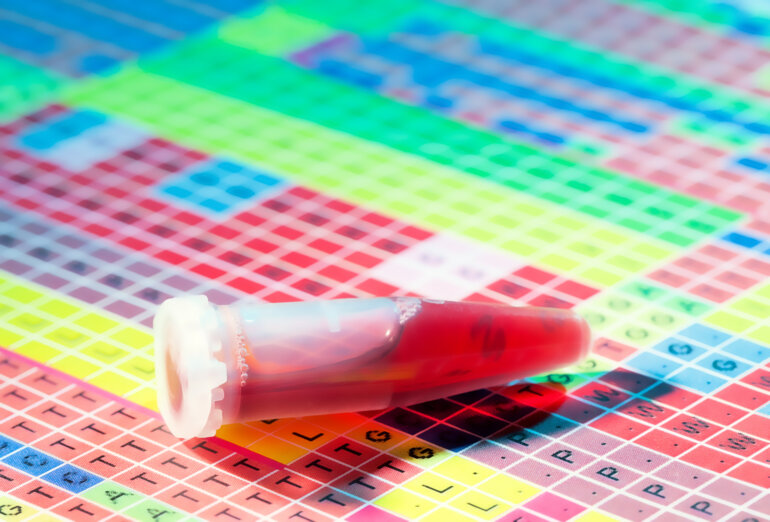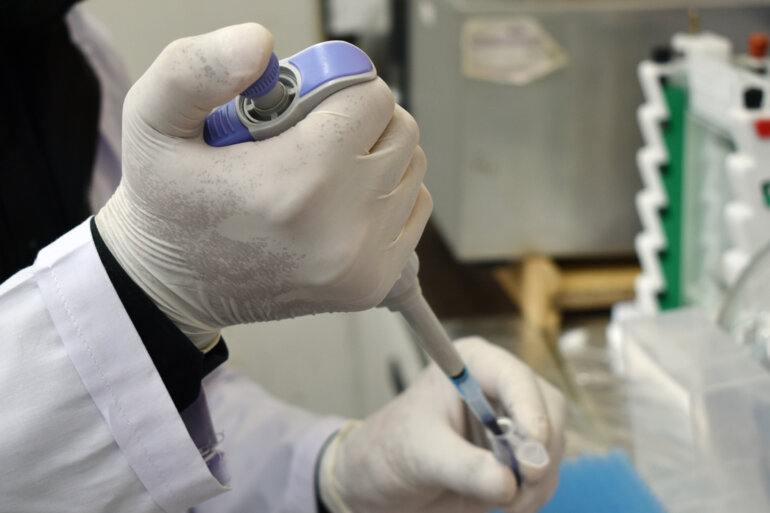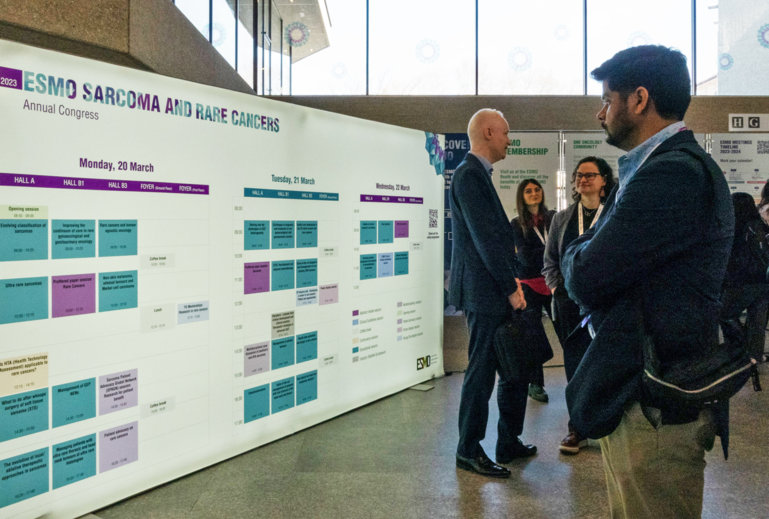
Tumour-agnostic oncology – time has come to re-think clinical research
Advances in precision oncology are moving the field towards a biology-based cancer care, and ESMO is supporting the change with a series of tailored resources for medical oncologists









